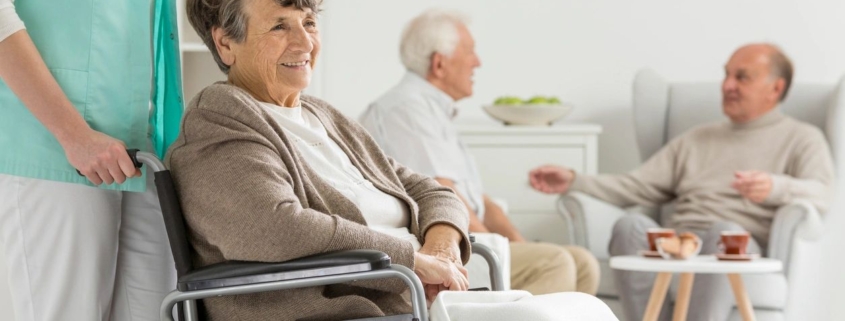Is Your Loved One Safe in a Nursing Home in Florida?
When placing a loved one in a nursing home, ensuring their safety and well-being becomes a top priority. Unfortunately, nursing home abuse is a troubling issue that many families face, and it is essential to recognize the signs and understand the steps you can take to protect your loved one.
Recognizing the Signs of Abuse
There are several signs of nursing home abuse that family members should be vigilant about. These signs can range from physical indicators like poor hygiene, bruising, or open wounds to more subtle behavioral changes such as emotional withdrawal or a sudden shift in demeanor. It’s crucial to remain observant and attentive to any unusual changes that could indicate mistreatment.
However, identifying these signs alone may not be enough. It is essential to consider the possibility of nursing home neglect or abuse if you notice these indicators. In some cases, the only way to truly confirm your suspicions is if your loved one directly tells you about the abuse. This can be a challenging and delicate conversation to initiate, but it’s necessary for their safety.
Approaching the Topic with Care
When addressing the subject of potential abuse with your loved one, it’s important to approach the conversation gently. Rather than immediately diving into accusations, start with a more general question such as, “Do you like it here at this nursing home?” This allows your loved one to express their feelings without feeling pressured or uncomfortable. If there are visible physical symptoms, such as a bruise, you can inquire about them, which might open the door to a more in-depth discussion.
Listening Without Judgment
If your loved one begins to talk about neglect or abuse, it’s vital to listen attentively without interrupting. Interruptions can make them feel as though you’re not fully invested in their concerns, leading them to shut down. Additionally, it’s important to control your emotional response. While it can be heartbreaking to hear about your loved one’s suffering, staying calm and collected ensures they don’t feel like they’ve done something wrong by sharing their experience.
Understanding the legal aspects of nursing home abuse is critical. Consulting with nursing home abuse attorneys can provide valuable guidance on how to proceed if you suspect your loved one is being mistreated. These professionals specialize in elder neglect and abuse cases and can help you understand your options, including taking legal action if necessary.
Legal Protections and Your Rights
Families dealing with potential nursing home abuse have legal rights designed to protect their loved ones. Laws in Florida and across the United States are in place to ensure that nursing homes meet specific standards of care. When these standards are not met, and abuse occurs, the facility may be held legally accountable. Personal injury attorneys can assist in filing a claim against the responsible parties to seek compensation for the harm caused.
The legal process can be complex, and having experienced attorneys by your side can make a significant difference. They can help gather evidence, interview witnesses, and build a strong case to ensure that your loved one receives the justice they deserve. Additionally, they can guide you through the process of reporting the abuse to the appropriate authorities and ensuring that your loved one is relocated to a safer environment if necessary.
Taking Action
If you suspect that your loved one is a victim of nursing home abuse, it is crucial to act quickly. Begin by documenting any signs of abuse and having open and supportive conversations with your loved one. Next, contact legal professionals who specialize in elder abuse to discuss your concerns and explore your options. Taking these steps can help protect your loved one and prevent further harm.

















